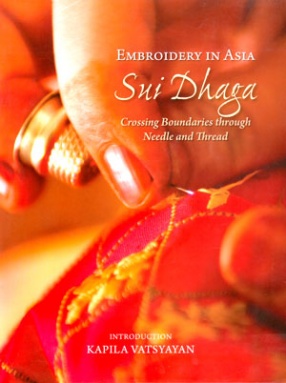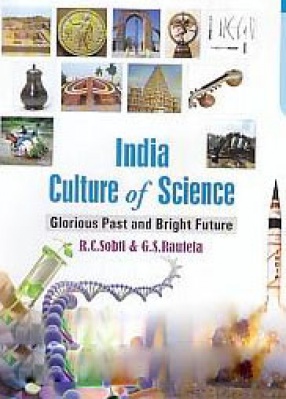The archaeological evidence with regard to embroidery can be traced back to many ancient civilizations, ranging from Mesopotamia, Egypt, India, China and Mexico. It bears testimony to the value and importance given to the art of embroidery, both for itself as well as an instrument of inter-and intra-cultural dialogue, even political diplomacy. Embroidered fabric adorned royalty. It was valued at par with music, dance and poetry, and was important enough to be transmitted from one generation of women to next. Asia has been the home of many traditions of exquisite genres of embroideries which have a social context, an artistic form and a symbolic value. IIC-Asia Project has been, in its second phase, exploring the manner and method of transmission of knowledge within each unit and its transmission across borders. The IIC-Asia Project organized a programme in September 2005 on the theme Sui Dhaga: Crossing Boundaries through Needle and Thread, comprising a seminar, an exhibition and a craft demonstration-cum-workshop, in collaboration with the Crafts Council of India. Through these inter-locked events, attention was drawn to the role of women who have demonstrated a high degree of creativity. Through the humble and ordinary needle and thread, they established many bridges of communication between and amongst cultures. This volume comprises some of the essays presented at the seminar by participants ranging from Palestine, Uzbekistan, Afghanistan, Pakistan, Bangladesh and India. These make explicit the rich tradition of embroidery in a social, economic and political context. Dr Kapila Vatsyayan, Chairperson of the IIC-Asia Project, conceived and designed the three interrelated events.
Mind and Body in Health and Harmony in the Asian Systems of Medicine
This volume studies the ...
$60.30
$67.00







There are no reviews yet.